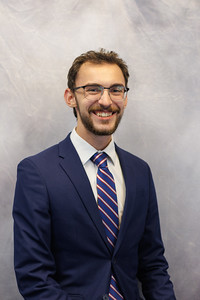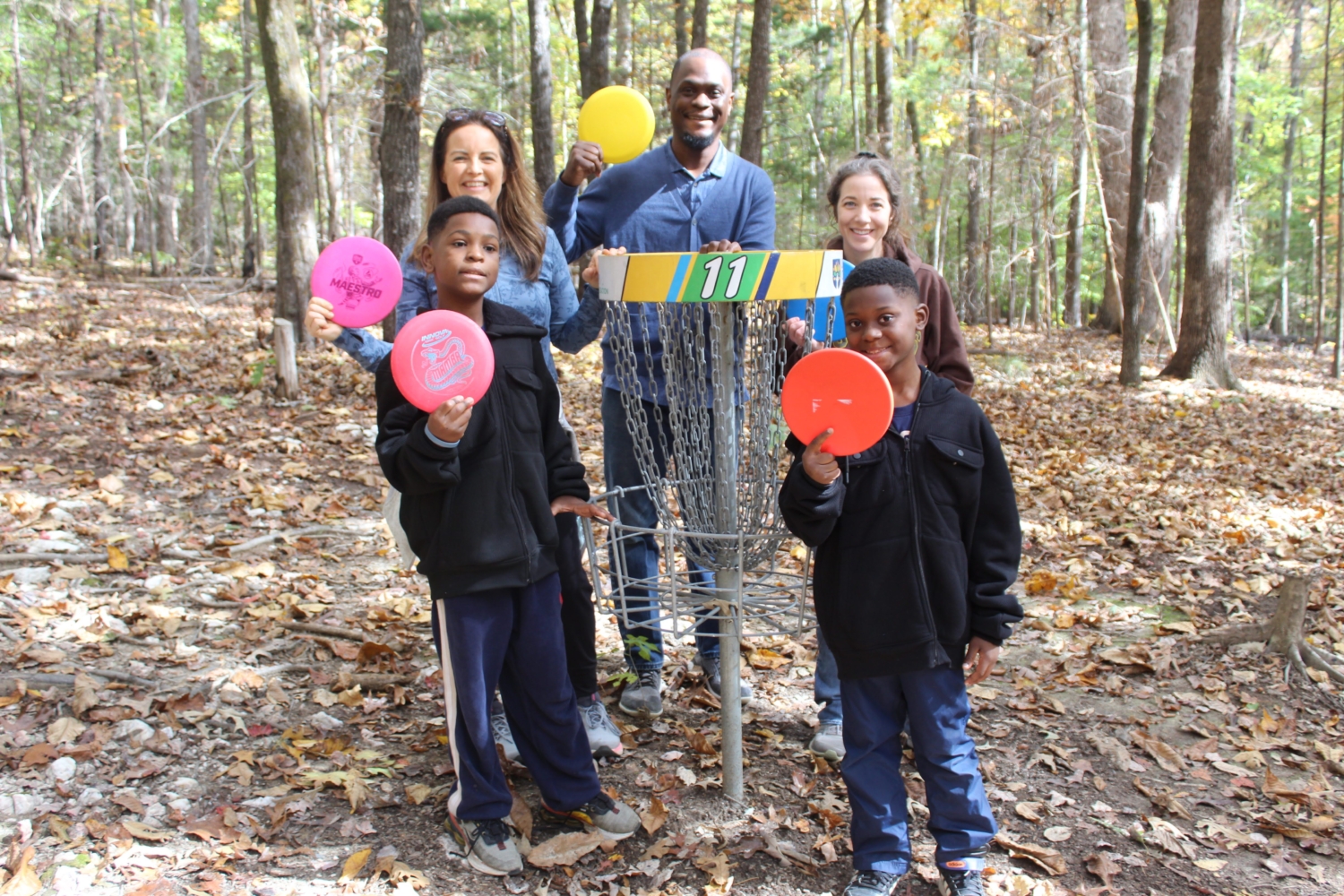Mr. Jonathan McNair: How to Get Smart
Author: David Markopoulos | Living Education
These summaries are written to give our audience an idea of the special forum messages our students have access to as part of the Living Education-Charlotte program.
As the brand new Living Education school year takes off, building effective study habits is important for each of the students. In this latest forum, Mr. Jonathan McNair introduced the students to several study habits to better equip them for success, both during the school year and throughout their lives.
Marty Lobdell: Study Less, Study Smart
Mr. McNair began by playing a video by Marty Lobdell, Professor Emeritus of Psychology at Pierce University. In the video, Professor Lobdell gave sound principles of effective study habits based on years of teaching expertise, as well as examples from his own time as a student.
Many students who trudge through studying for hours don’t actually learn anything of value. “Things that are reinforced, we tend to do more of,” he said. Professor Lobdell’s study method emphasizes prioritizing time and maintaining focus. In his time teaching, he noticed that it only takes about 20-30 minutes for a student to lose focus while studying—once you begin to lose focus on what you’re reading, stop and take a 5-minute break before coming back to it. This way, you maximize your focus and are able to train yourself to focus for longer.
Professor Lobdell also encourages his students to eliminate distractions around them. If you’re studying in the bedroom, the temptation is to lie down in bed—if you’re studying in the kitchen, the temptation is to make food. Having a designated study spot and staying disciplined in the face of distractions makes a huge impact on your study habits. It especially impacts our ability to understand the difference between facts and concepts—a distinction that is crucial to our comprehension of the material to which we are exposed. Professor Lobdell noted aptly, “If it doesn’t change your behavior, you haven’t learned it.”
Dr. Andrew Huberman: The Top Study Habits to Improve Learning
In another video, Dr. Andrew Huberman discussed a survey of students that examined habits of successful students. These habits are an important example that can be incorporated into our own approach to studying.
Successful students designate time to study without distractions. Similar to Professor Lobdell’s advice, students who establish disciplined habits and remove distracting stimuli have an easier time focusing. Successful students also make the habit of teaching other peers. A good rule of thumb is to watch someone do it, do it yourself, and teach it—watch one, do one, teach one.
Dr. Huberman stressed that focus and attention are finite resources, but they’re also renewable. Even with a strain on our focus, we can build our resistance to outside distractions and renew what we’ve used up. Regularity and consistence are key—we need to have a good handle on our priorities and schedule. Dr. Huberman also emphasized motivation—the highest-performing students not only enjoy what they do, they have a long-term vision and the drive to fulfill it. If you love what you do, you have a strong advantage.
Being Smarter Students
Whether we’re still in school or past that stage of life, the reality is that we learn every day. We are called to be students of God’s word, and as such, we have a responsibility to take ownership of our learning. While these habits are especially geared toward students, these principles apply to all of us as we take the time to become more effective learners.

David Markopoulos is a Living Education alumnus from the 2023-2025 school years. Originally hailing from Chicago, he currently works for the Living Education program.


 https://pixabay.com/photos/people-man-alone-travel-adventure-2591942/
https://pixabay.com/photos/people-man-alone-travel-adventure-2591942/





